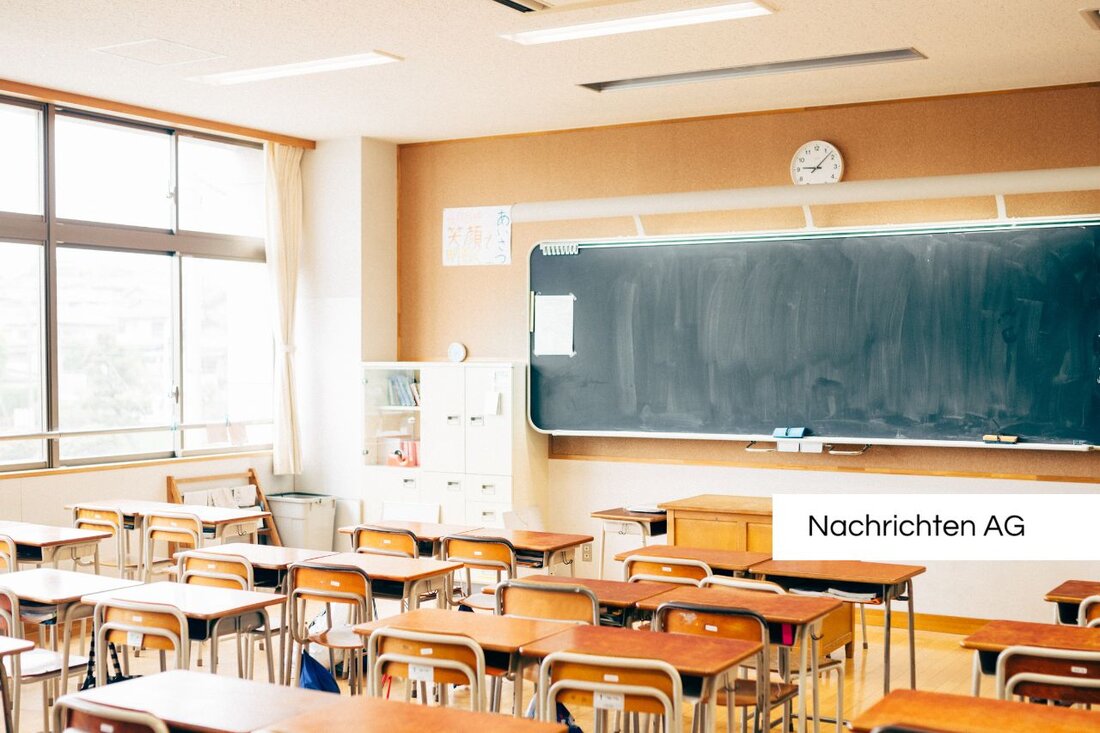Action day in Innsbruck: Democracy protect against disinformation!
Action day in Innsbruck: Democracy protect against disinformation!
Innsbruck, Österreich - On June 6, 2025, the #democracyinaction campaign day took place in Innsbruck, organized by the connecting office of the European Parliament in Vienna in cooperation with the European Forum Alpbach (EFA). The aim of the event was to draw attention to the dangers of disinformation and to emphasize the importance of reliable information for democracy. Among other things, the MEP Sophia Kircher (EPP), EFA President Othmar Karas, university professor Matthias Kettemann from the University of Innsbruck and Valentin Meixner from Understanding Europe.
Sophia Kircher emphasized the protection of European values by the Digital Services Act and the AI-act and pointed out the influence of third countries on elections, as recently observed in Moldova. Othmar Karas criticized the use of half -truths, which leads to an erosion of trust in democracy and that the EFA had developed concrete measures to strengthen democratic resilience. Matthias Kettemann described social media as a double -edged sword because they often prioritize emotional content and thus promote the spread of disinformation.
fight against disinformation and promotion of media literacy
A central element of the event was the program for training young people in dealing with disinformation and promoting critical thinking. Valentin Meixner presented interactive formats, including the "Bad News Game", which stimulates the participants to recognize disinformation. This game will be available in the Europe Vienna experience from autumn. There was also a dialogue walk with 70 participants: inside the motto #Thinkbeforeoushare, in which digital tools for recognizing disinformation as part of the Erasmus+ project "Checkmate-Empowering Europeaans Towards A Media-Savvy Citizenry" were also presented.
The spread of fake news, misinformation and disinformation remains a worrying topic. These false or misleading media content, especially in social networks, urgently require effective measures. According to a survey, empirical research shows that fake news is less common in public, but more intensively consumed in certain circles. A low trust in political and media institutions increases the susceptibility to these phenomena. The debate about fake news took off with the election of Donald Trump 2016 and the Brexit referendum.
EU initiatives against disinformation
In order to promote resilience against disinformation, the European Commission recently provided 5 million euros. These funds are to be used by two requests to submit proposals for actors from civil society, universities and research centers. The first request has a budget of EUR 3.15 million with the focus on the uncoveration of malicious information manipulation campaigns and the analysis of the effects of this disinformation on the citizens. The second request with around 1.6 million euros aims to finance projects for increasing the range and effect of independent factor examination organizations. Creative strategies and media formats should be used here.
The EU initiatives such as "EU vs. disinfo" and the European Digital Media Observatory are crucial in the fight against disinformation. In view of the fact that less than 1% of the content that users see online, fake news are classified as fake news, the need for a differentiated approach to combat these phenomena with simultaneous buildings into the existing media and institutions remains of central importance. Media literacy is an important building block to arm society against disinformation and to strengthen trust in the democratic processes.
| Details | |
|---|---|
| Ort | Innsbruck, Österreich |
| Quellen | |


Kommentare (0)